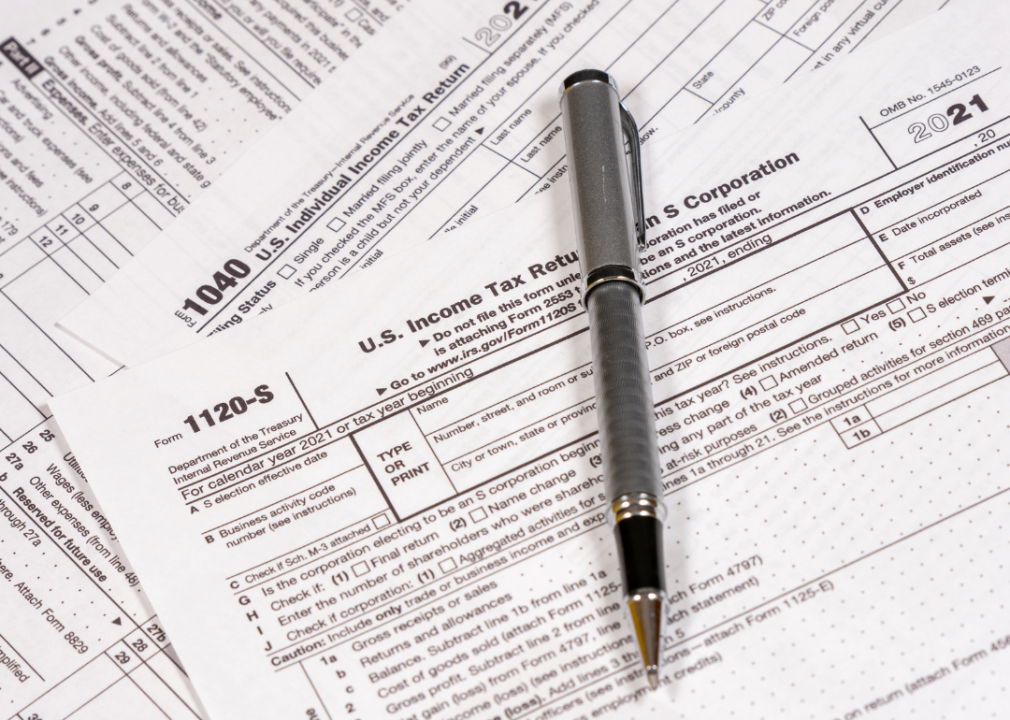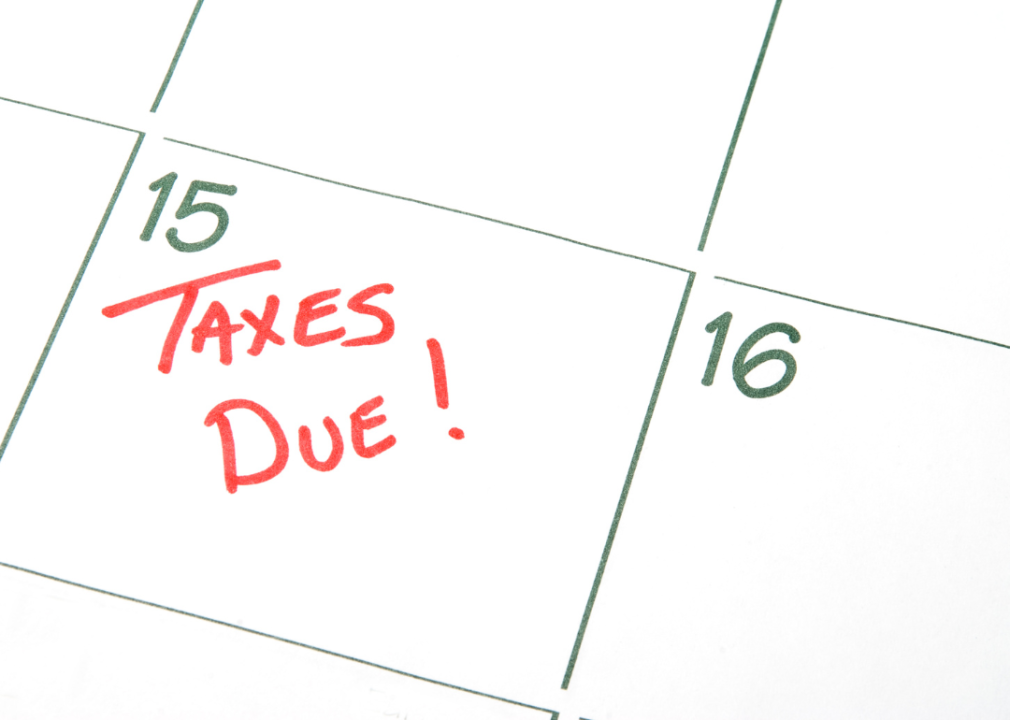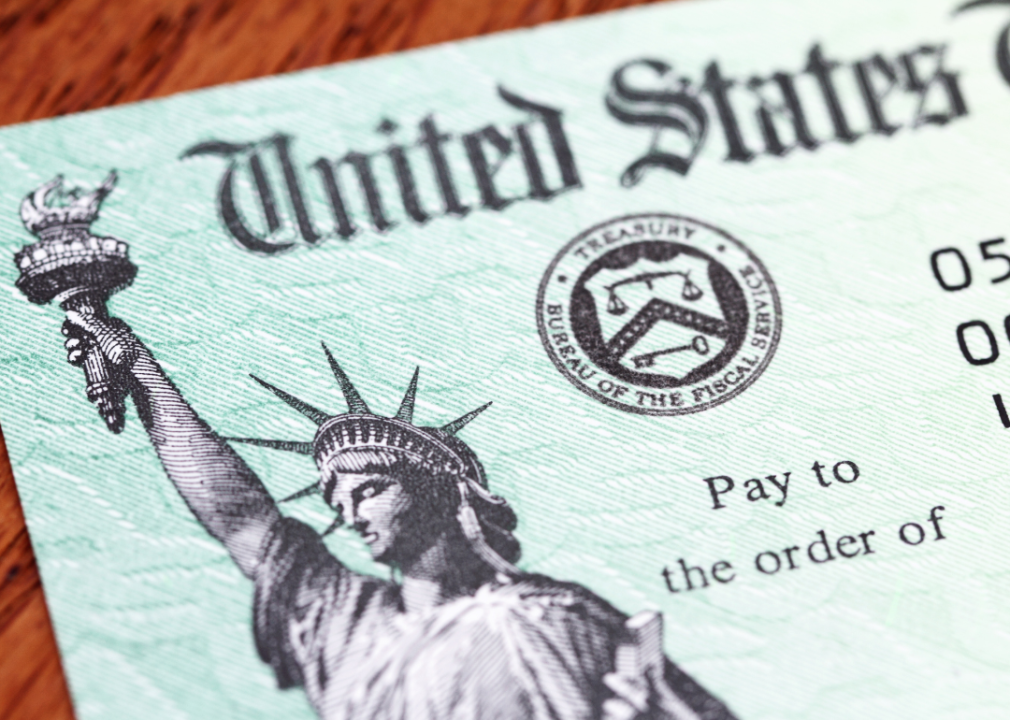How to prepare your small business for tax season—now
Published 5:00 pm Thursday, November 16, 2023
How to prepare your small business for tax season—now
Tax season can be a daunting time for small business owners. In fact, 37% of individuals with business income reported feeling nervous about completing their taxes to American University researchers in a 2023 study. If that number seems low, consider that many of them weren’t doing the work on their own: 87% of small businesses enlisted a professional to complete their year-end taxes. However, proper planning and advance withholding to cover payments can ease both the stress and the financial burden.
Bonsai compiled various steps and tips for small business owners to manage tax payments, maintain good accounting practices, and stay prepared for tax season using information from the IRS.
Some complications have come from government efforts to help businesses and other taxpayers. For instance, since the COVID-19 pandemic, federal and state governments have provided various extensions and relief measures to help people and businesses cope with the financial challenges wrought by the pandemic. But those measures have largely expired.
For 2024, small businesses will need to get ready for a tax season that is more like those before the pandemic. There are several key steps owners can take to get ready, even months in advance.
![]()

Canva
Figure out what kind of taxes you’ll owe
Small businesses may face a variety of tax obligations depending on the nature of their operations. These can include income tax for profits, self-employment tax for sole proprietors, employment taxes for businesses with employees, estimated taxes to anticipate future tax liabilities, and excise taxes for activities involving taxable products like alcohol or fuel.
Tax laws for small businesses also vary by state and locality, which can be found via the Small Business Administration’s tax payment guidelines.

Canva
Mark your calendars
Failure to meet tax deadlines can lead to penalties, interest, legal consequences, and reputation damage. Staying aware of tax deadlines not only helps prevent these issues but also enables a business to more effectively manage its cash flow. To avoid any surprises in April, consider using accounting software and viewing and setting alerts for important tax dates based on the IRS’s Online Tax Calendar.

Canva
Establish a consistent record-keeping system
An accurate and regularly updated record-keeping system is invaluable for small business owners to maintain cash flow, make well-informed financial decisions, ensure upcoming tax obligations are met, and prove compliance with tax laws in the event of an audit. It is the business owner’s burden to prove their tax returns are accurate with documents such as receipts and invoices.
The IRS recommends small business owners track expenses, travel, assets, and tax payments; and keep employment tax records for four years.

Canva
Check to see if there are any credits you can claim
Small business owners can find tax credits for which they are eligible by researching tax codes at the local, state, and federal levels, which can include industry-specific credits that may be relevant to their operations. These credits have the potential to substantially reduce tax liabilities, ultimately helping to save money and boost profitability. With the help of tax credits, business owners can reinvest in their businesses, expand operations, or meet other financial needs.

Canva
Take a tax workshop to develop a fuller understanding
The IRS offers a virtual tax workshop tailored to the needs of small business owners to help them understand their tax obligations—including filing requirements, recordkeeping, and deductions. The online video series comprises eight lessons to prepare small business owners for upcoming tax liabilities and can help minimize the potential for errors, penalties, or audits.
Additional research by Paxtyn Merten. Story editing by Jeff Inglis. Copy editing by Tim Bruns. Photo selection by Ania Antecka.
This story originally appeared on Bonsai and was produced and
distributed in partnership with Stacker Studio.






